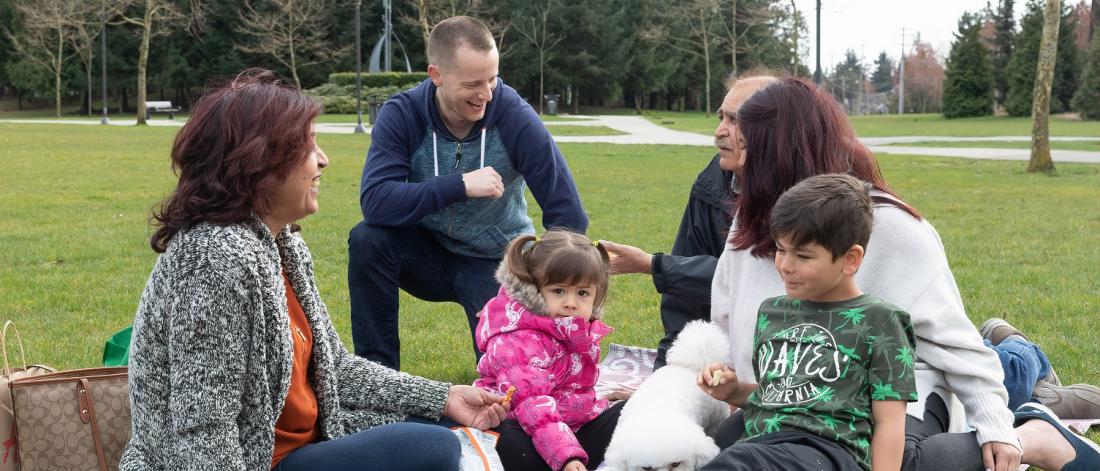
Advice for Parents
How do I talk so my kids will listen and listen so my kids will talk?
Dear Parents,
I first want to begin by thanking you for making the choice to learn more about how to support your child to hopefully “direct, inspire, and guide” them to making “good” choices. As a parent myself, I would seek education and training on how to be a “good” parent. Early in my career as a clinical child and family counsellor, I taught parents how to improve communication. For example, how to talk so kids will listen and listen so kids will talk. I also worked with parents in the early psychosis intervention program, explaining to mothers that when their son lashed out at them and projected all their anger and disgust at them, it was because the mother was a safe person and they couldn’t acknowledge their own self-hatred and grief. I worked with families on setting healthy boundaries, rules, flexibility, and autonomy.
When kids were little they needed firm boundaries and parents in control to feel safe. As teenagers, they need their parents to allow self exploration and choice to develop into capable individuals.
So when asked to do this blog post, I thought, "What is the most important point I want to get across?" I recognize all families and people are different and there isn’t one prescription. I’m reminded of Dr. John Gottman's description that relationships are like bank accounts: if we are not constantly making deposits by connecting when it comes to hard conversations there won’t be enough “funds” to get us through without harming the relationship. So how are you showing up for your kid? What types of connection deposits are you making?
It can be as easy as showing interest in their interests.
I have witnessed the impacts of intergenerational trauma and over decades maladaptive coping strategies develop (ie. using substances to deal with problems). Hurt people end up hurting people and the cycle continues. Our greatest insecurities are often played out and showcased in our children. Left unresolved kids end up feeling that they are not “good” enough or worthy of love in our eyes. The good news is that parents can develop a practice of self-compassion and do their own work on issues like negative self-talk, perfectionism, rallying for self-worth, or other forms of shame avoidance. This work can help us to show up for our loved one with that same compassion and unconditional love because we have learned how to give that to ourselves.
As parents, we can't give something we don't already provide for ourselves. I encourage you to do the work and ask yourself, how are you showing up for your kid?
- Geneva Healey, MSW, RSW, Fraser Health Manager
Child, Youth, & Young Adult and Aboriginal Mental Health & Substance Use Services
We know that children want to be heard and loved with no judgement, negative consequences, or punishment. We encourage you to do some self-reflection and learn more about having open, non-judgmental conversations with young people so you can develop better relationships and decrease their risk.
